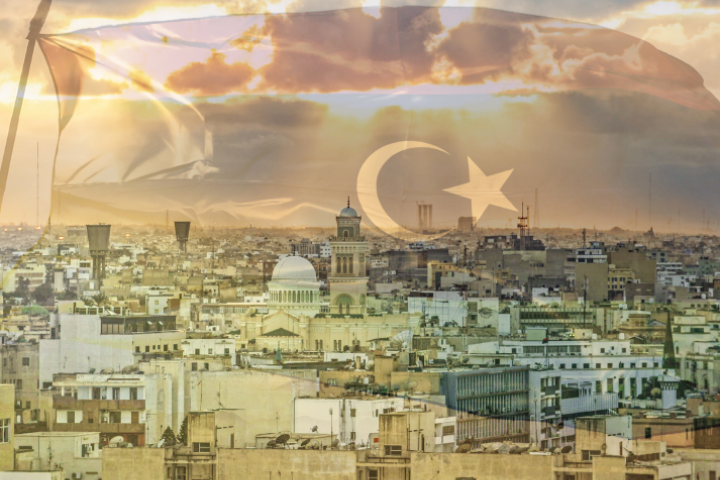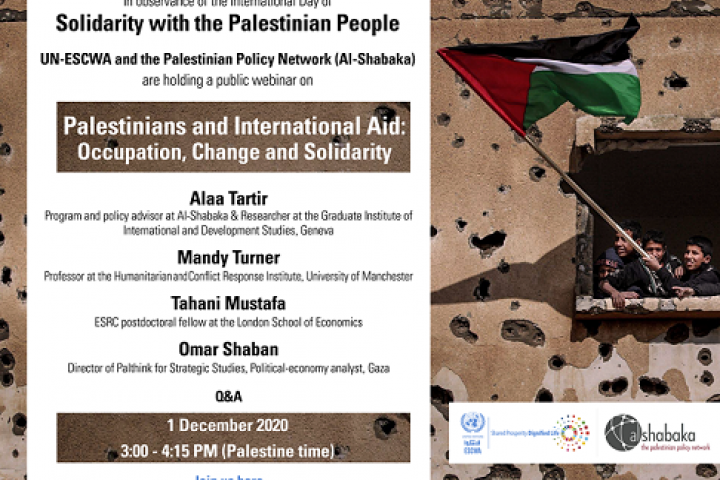HRH Prince El Hassan bin Talal today called for policy-makers to consider a broad, inclusive, interdisciplinary and systematic framework to better understand the impact of protracted conflict and violence in the West Asia region, at an expert group meeting organised by the United Nations Economic and Social Commission for Western Asia (ESCWA) in partnership with the West Asia-North Africa (WANA) Institute.
“The time has come to speak of a new process of security and cooperation for the West Asia region – an interdisciplinary eco-social approach. It is time to invest in waging peace and invest in the capability of individuals, beginning with our shared identity as human beings.” HRH, the WANA Institute Chairman, said in his keynote address.
In his concluding comments to delegates, HRH added, “Some say the Arab region is too unstable for such an architecture; I say that conflict is precisely why we need re-envisioning.”
The meeting was opened by HRH and experts in the field of protracted conflict, namely Mr. Abdallah Al Dardari, Deputy Executive Secretary of ESCWA; Professor Alexander Betts, Director of the Refugee Studies Centre and Leopold Muller Associate Professor in Refugee and Forced Migration Studies, Oxford Department of International Development, University of Oxford; and Professor Sir Paul Collier, Blavatnik School of Government, University of Oxford.
“Over the next two days we will extract from the great debate taking place some practical ideas about how to use our convening power with governments to put together actionable research that can influence policy; an interdisciplinary approach to answer the questions of resilience and reconciliation that moves beyond a narrow economic or military approach.” Mr. Abdallah Al Dardari of ESCWA said.
Addressing resilience and transformation out of protracted conflict was the key theme of the ESCWA and WANA Institute “Protracted Conflicts Dynamics and Resilience in the Arab Region” opening session. The two-day meeting will review existing policies, theories, and methodological tools in use for understanding, quantifying and responding to conflict.
“The opportunity exists for new thinking beyond the current, unsustainable, approach of development assistance and host countries bearing the brunt of refugee responsibility. By allowing and encouraging self-reliance through employment, refugees can contribute to the reconstruction of their host countries and the countries they come from.” Professor Alexander Betts proposed.
“We can’t navigate conflict by looking at everything that needs to be fixed. Focus on what is essential to be done now and what can be done now. We need to prioritise short-term solutions with visual effects - this means jobs – and we need to start now, incubating reconstruction while conflict is ongoing.” Professor Sir Paul Collier explained.
The meeting introduced research by the WANA Institute to produce a Conflict Resilience Index - an interdisciplinary index to identify the drivers of instability, including human dignity. The objective behind the Index is that evidence should lead to action by accurately identifying conflict drivers and modalities.
“The Conflict Resilience Index will lead to more evidence-based understanding regarding conflict drivers in the WANA region, facilitating more responsive and targeted humanitarian programming. By focusing attention on the early warning of potential problems, we want to isolate and promote conflict prevention.” WANA Institute Executive Director, Dr. Erica Harper said.
The Conflict Resilience Index research will be released by the WANA Institute in December 2016.
-ENDS-
Media contact:
Alexandra Trevor
Head of Communications, WANA Institute
+962 (0)79 519 4716
atrevor@majliselhassan.org
Press release
21 May 2015
Beirut-Amman
Arab region cooperative framework necessary to address ongoing conflict


